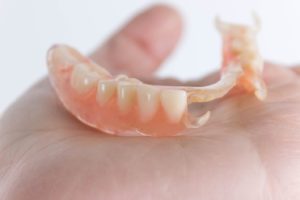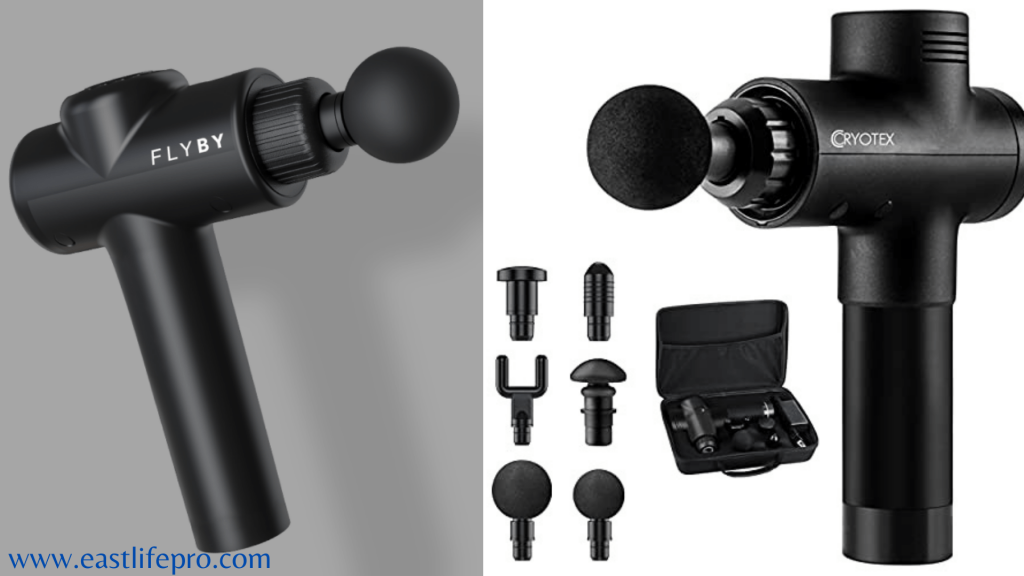Dentures provide a flexible solution to restore lost teeth, significantly improving oral function and aesthetics. But to make an informed choice regarding which denture solution best meets your dental needs, understanding the differences between permanent dentures and partial dentures is vitally important. In this article, we explore these distinctions between permanent dentures and partial dentures considering factors like tooth replacement needs, durability needs and overall oral health requirements.
Permanent Dentures (also called full dentures ) are designed to replace an entire arch of missing teeth and are custom made specifically for each patient, supported by both gum tissue and jaw bone support. Here are key considerations and features of permanent dentures:
1. Tooth Replacement:
Permanent dentures offer full sets of teeth in either the upper jaw, lower jaw, or both jaws and are intended to restore both appearance and functionality in one smile. These dentures may be suitable for individuals suffering from tooth decay, gum disease or trauma who have lost all natural teeth in an arch.
2. Support and Stability:
Permanent dentures depend heavily on their support from gum tissue and jaw bone for strength. A dentist takes detailed impressions and measurements in order to create the precise fit required so the dentures adhere securely against gums; some patients opt to add denture adhesive for extra security.
3. Durability and Maintenance:
Permanent dentures are constructed of high-grade materials like acrylic or porcelain that are durable against wear and staining, such as daily cleanings, overnight soaking sessions and periodic adjustments by dentists to ensure proper fits. With proper care and visits for regular checkups they should last many years with proper upkeep including daily brushings, overnight soaks and adjustments at scheduled visits for dental checkups.
4. Comfort and Adaption:
Wearing permanent dentures may take an adjustment period before becoming comfortable to wear them, with initial discomfort or soreness occurring as your mouth adjusts to them; but over time and practice most people quickly adapt well and find them pleasant to wear.
Partial Dentures: WHY AND WHO?
Partial dentures are designed to replace one or more missing teeth rather than an entire arch and are best for those still possessing natural teeth. Here are its key benefits and considerations:
1. Tooth Replacement:
Partial dentures consist of replacement teeth attached to either a metal or acrylic framework and clasp onto any remaining natural teeth, providing support and stability. These custom dentures can even be designed so they blend in naturally to restore an “all natural look” for patients who opt for partial dentures as tooth replacement solutions.
2. Support and Stability:
Partial dentures depend heavily on remaining natural teeth for support, with clasps or connectors attaching securely to adjacent ones in the framework for stability while the remaining natural ones provide chewing/biting function as well.
3. Removability:
One of the hallmark features of partial dentures is their portability; patients can easily insert and remove them for cleaning, maintenance or while sleeping – something many prefer when searching for tooth replacement options that offer flexibility and convenience.
4. Maintenance and Longevity:
Like permanent dentures, partial dentures require regular care and upkeep in order to remain functional over time. Proper oral hygiene practices – including daily brushing as well as scheduled dental check-ups – must be implemented in order to extend their longevity. Framework and clasps must also be cleaned regularly so as to reduce potential plaque build-up that may otherwise damage remaining natural teeth.
5. Comfort and Adaption:
Similar to permanent dentures, partial dentures require some adjustment time as you adjust to wearing them and your mouth adjusts to their presence and pressure exerted by these dentures. Your brain and tongue need time to get used to wearing partials as the mouth adjusts to having these items present within it and exerted upon it.
Partially dentures are held securely to your natural teeth by clasps attached by metal wire. With time and practice, most individuals find partial dentures comfortable and simple to wear.
Selecting permanent dentures versus partial dentures depends upon an individual’s particular dental needs. Permanent dentures provide stability, durability and natural-appearing smile replacement while partial dentures provide removable solutions which preserve remaining natural teeth.
Consultation with an experienced dentist is key in selecting the most appropriate denture option based on factors like oral health, remaining teeth and individual preferences. Both permanent and partial denture solutions aim to restore oral function aesthetics confidence for individuals who have missing teeth – ultimately increasing quality of life for people living without teeth.
Author



